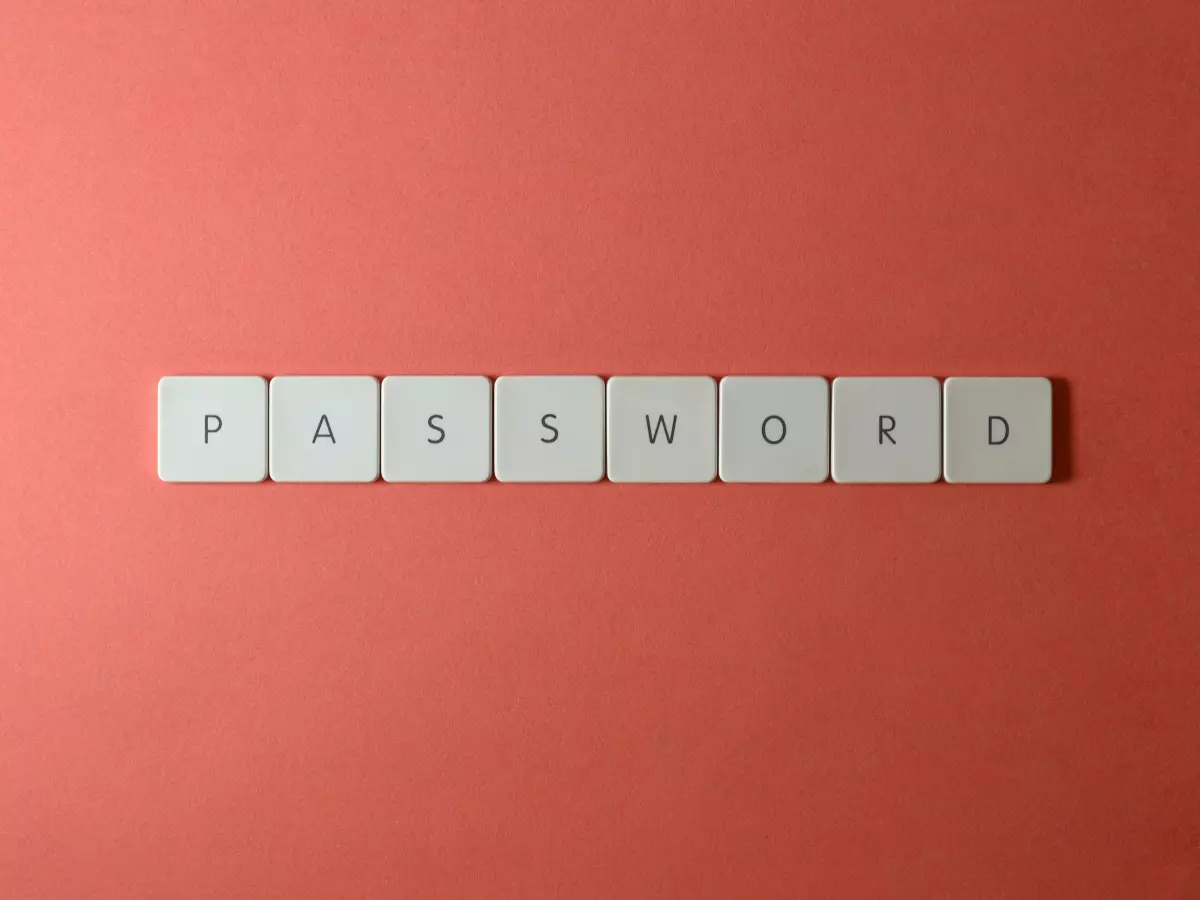Crypto Chaos
Crypto fraud is skyrocketing, and clipper malware is lurking. Are you ready for the fight?

By Jason Patel
It’s a wild world out there in crypto land, folks. The FBI just dropped a bombshell: crypto fraud surged by a staggering 45% in 2023, racking up a jaw-dropping $5.6 billion in losses. Yeah, you read that right—billion, with a B. And if that wasn’t enough to make you double-check your wallet, there’s more bad news. Binance, one of the largest crypto exchanges, is sounding the alarm on a new threat: clipper malware. This sneaky software is out to steal your hard-earned digital coins right from under your nose.
So, what’s going on? Why is crypto fraud on the rise, and how are cybercriminals getting away with it? Let’s dive into the chaos and figure out how you can protect yourself from becoming the next victim.
Crypto Fraud: The $5.6 Billion Problem
First off, let’s talk about the elephant in the room—crypto fraud. According to the FBI’s Internet Crime Complaint Center, there were nearly 69,500 complaints about crypto-related scams in 2023. That’s a lot of people losing a lot of money. And it’s not just happening in the U.S.; this is a global problem. One of the biggest culprits? Call center frauds, where scammers impersonate government officials to trick people into handing over their crypto. These scams alone accounted for about 10% of the total losses.
But it’s not just call center scams. Phishing attacks, fake investment schemes, and Ponzi-like setups are all part of the crypto fraud ecosystem. The decentralized nature of cryptocurrency makes it a prime target for bad actors. Once your coins are gone, they’re usually gone for good. No bank to call, no chargebacks, no refunds. Ouch.
Clipper Malware: The Silent Thief
If crypto fraud wasn’t enough to keep you up at night, let’s talk about clipper malware. Binance recently warned of an ongoing global threat targeting crypto users with this sneaky software. Clipper malware, also known as ClipBankers, is a type of cryware that monitors your clipboard activity. Sounds harmless, right? Wrong. This malware is designed to steal sensitive data, like your wallet addresses, by swapping them out with the hacker’s address when you copy and paste them. Imagine thinking you’re sending your Bitcoin to your cold wallet, but instead, it’s going straight into a scammer’s pocket. Brutal.
Clipper malware is especially dangerous because it’s hard to detect. It doesn’t crash your system or throw up red flags. It just sits there, quietly waiting for you to make a mistake. And in the fast-paced world of crypto, where transactions are often irreversible, one wrong move can cost you big time.
How to Protect Yourself
Alright, enough with the doom and gloom. Let’s talk solutions. How can you protect yourself from crypto fraud and clipper malware?
- Use a hardware wallet: If you’re serious about crypto, invest in a hardware wallet. These devices store your private keys offline, making them immune to most forms of malware.
- Double-check wallet addresses: Before you hit send on any transaction, double-check the wallet address. If you copied and pasted it, make sure it’s the correct one. Don’t let clipper malware pull a fast one on you.
- Enable two-factor authentication (2FA): This is a no-brainer. Always enable 2FA on your crypto accounts. It adds an extra layer of security that can stop hackers in their tracks.
- Stay updated: Make sure your software, including your antivirus and crypto wallets, is always up to date. New threats are constantly emerging, and updates often include patches for vulnerabilities.
- Be skeptical: If something sounds too good to be true, it probably is. Be wary of unsolicited messages, investment opportunities, or anyone asking for your private keys.
The Final Word
Crypto is exciting, no doubt about it. But with great opportunity comes great risk. The rise in crypto fraud and clipper malware is a stark reminder that we need to stay vigilant. Whether you’re a seasoned trader or just dipping your toes into the crypto waters, taking a few extra precautions can save you from a world of hurt.
So, are you ready to fight back? Or will you let the bad guys win? The choice is yours.
For more details on the FBI’s findings, check out the full report on Gadgets360.





